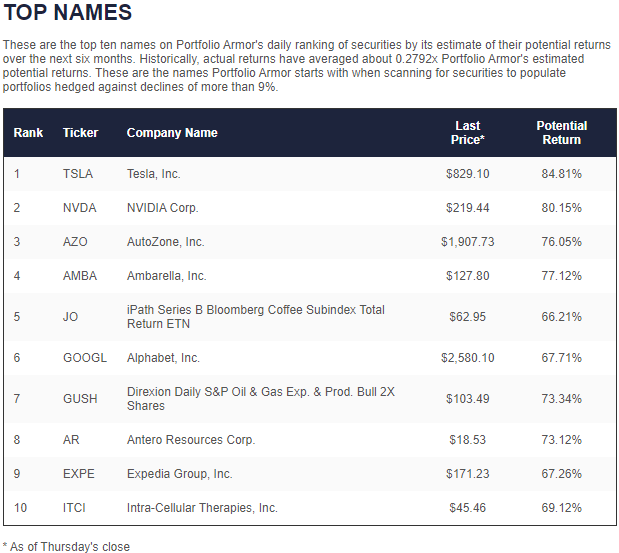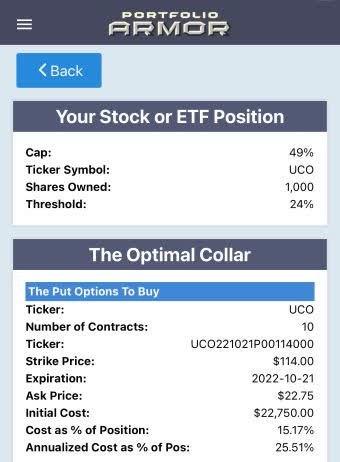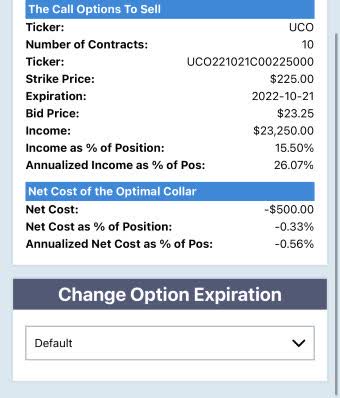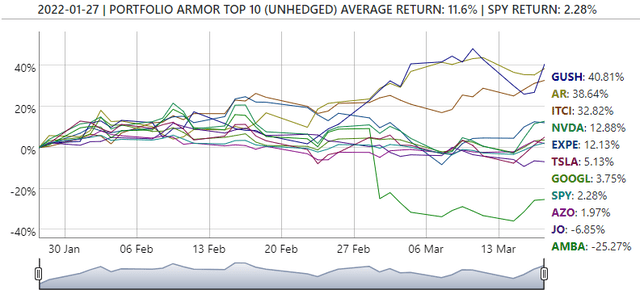Jan-Rune Smenes Reite/Pexels
Ukraine Crisis Puts Upward Pressure On Oil
Two weeks after Russia's invasion of Ukraine, on March 7th, oil prices hit $130 per barrel. They've pulled back since, to hover above $100, but as ABC News reported, the International Energy Agency warned this week that we may be in for a supply shock soon, with Russia forced to cut its production by 30%:
Russia could soon be forced to curtail crude oil production by 30%, subjecting the global economy to the biggest supply crisis in decades — that is, unless Saudi Arabia and other major energy exporters start pumping more.
The world's second-largest crude oil exporter could be forced to limit output by 3 million barrels per day in April, the International Energy Agency warned on Wednesday, as major oil companies, trading houses and shipping companies shun its exports and demand in Russia slumps.
Russia was pumping about 10 million barrels of crude per day, and exporting about half of that, before it invaded Ukraine.
"The implications of a potential loss of Russian oil exports to global markets cannot be understated," the IEA said in its monthly report.
Oil Names Enter Our Top Ten
Although our system doesn't consider macro themes such as the Ukraine war when analyzing securities, the ones it picks for its top names often reflect (and sometimes anticipate) the macro picture. For example, two oil names, the Direxion Daily S&P Oil & Gas Exp. & Prod. Bull 2X ETF GUSH and Antero Resources Corp. AR appeared in our top ten names at the end of January, nearly a month before Russia's invasion of Ukraine.

Screen capture via Portfolio Armor on 1/27/2022.
Since then, GUSH was up 40.81% as of Thursday's close, and AR was up 38.64%.
On Thursday, March 17th, we had two other oil names in our top ten, one of which was the ProShares Ultra Bloomberg Crude Oil ETF UCO. Below is a way you can hedge UCO so that your maximum upside over the next several months is more than twice your maximum downside risk.
A Hedged Bet On Oil Going Higher
As of Thursday's close, this was the optimal collar to hedge 1,000 shares of UCO against a greater-than-24% drop by late October, while not capping your possible upside at less than 49% over the same time frame.


Screen captures via the Portfolio Armor iPhone app.
Note that the net cost of this collar was negative. That means you would have collected a net credit of $500 when opening this hedge. To be conservative, that credit was calculated assuming you placed both trades at the worst ends of their respective spreads: buying at the puts at the ask and selling the calls at the bid. Since, in practice, you can often buy and sell options at some price between the bid and ask, you likely would have received a net credit larger than $500 when opening this collar on Thursday.
© 2025 Benzinga.com. Benzinga does not provide investment advice. All rights reserved.
Trade confidently with insights and alerts from analyst ratings, free reports and breaking news that affects the stocks you care about.
